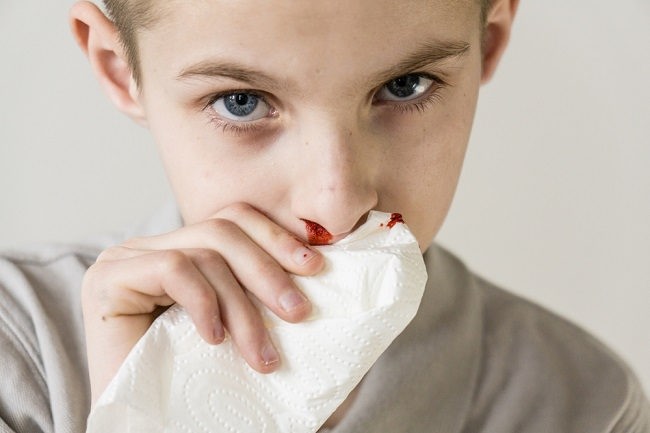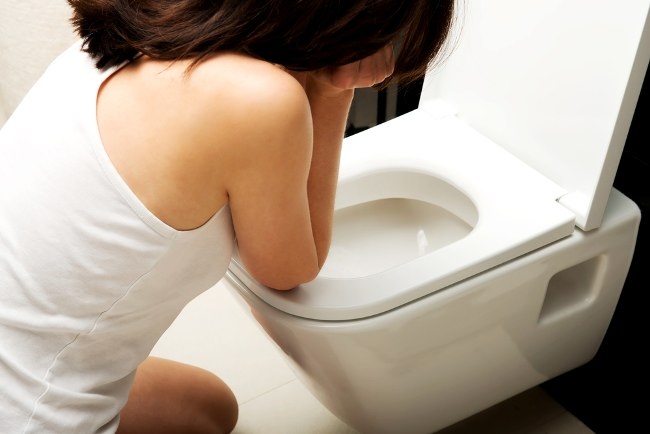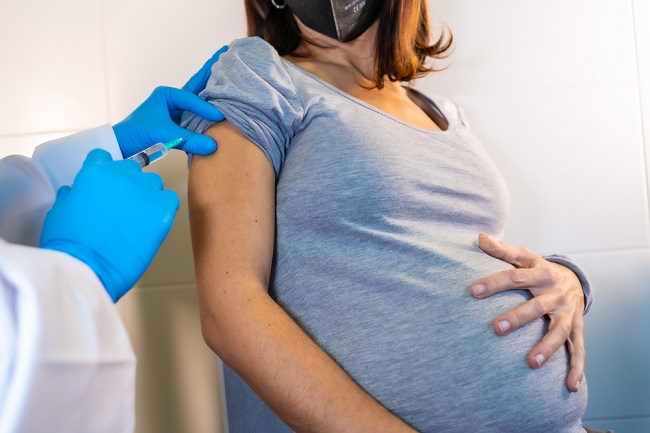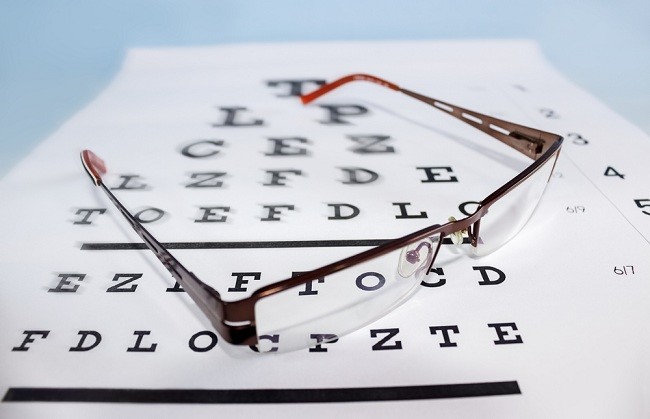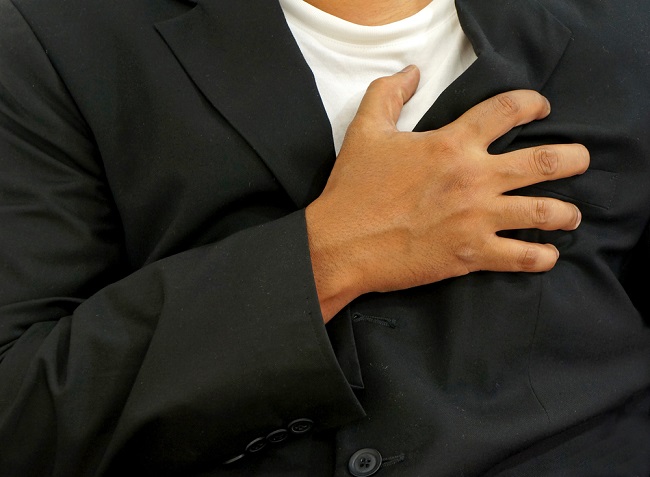Bethanechol is a drug to relieve difficulty urinating due to prostate enlargement, post-surgery, childbirth, to the side effects of drugs.
Bethanechol works by stimulating the parasympathetic nervous system in the bladder. That way, the bladder muscles will contract better and urinate more smoothly.

This drug is also sometimes used in the treatment of acid reflux disease because it can stimulate the parasympathetic system in the stomach and digestive tract, which can affect muscle tone and peristaltic movements.
Bethanechol trademarks: -
What is Bethanechol
| group | Prescription drugs |
| Category | Cholinergic drugs |
| Benefit | Relieves symptoms of difficulty urinating. |
| Consumed by | Mature |
| Bethanechol for pregnant and lactating women | Category C: Animal studies have shown adverse effects on the fetus, but there are no controlled studies in pregnant women. The drug should only be used if the expected benefit outweighs the risk to the fetus. It is not known whether it is absorbed into breast milk or not. If you are breastfeeding, do not use this medicine without consulting your doctor first. |
| Drug form | Tablet |
Warnings Before Taking Bethanechol
Bethanechol should only be used as prescribed by a doctor. There are several things to consider before using this drug, including:
- Tell your doctor about any allergies you have. Bethanechol should not be given to patients who are allergic to this drug.
- Tell your doctor if you have or have ever had hypotension, asthma, chronic obstructive pulmonary disease (COPD), hyperthyroidism, coronary heart disease, bradycardia (slow heart rate), epilepsy, intestinal obstruction, peritonitis, stomach or intestinal ulcers, bladder obstruction, or Parkinson's disease.
- Tell your doctor if you have or have had previous bowel or bladder surgery.
- Do not drive or do activities that require alertness after taking bethanechol because this drug can cause drowsiness and dizziness.
- Tell your doctor if you are pregnant, breastfeeding, or planning a pregnancy.
- Tell your doctor if you are taking certain medications, supplements, or herbal products, especially if you are taking procainamide or quinidine.
- Immediately see a doctor if you have an allergic reaction to the drug, serious side effects, or an overdose after taking bethanechol.
Dosage and Rules for Use of Bethanechol
Bethanechol is available in the form of 5 mg, 10 mg, 25 mg, and 50 mg tablets. The dose of bethanechol may vary for each patient, depending on the condition and the patient's response to treatment.
In general, the following doses of bethanechol to treat urinary incontinence in adults are 10–50 mg, taken 3–4 times a day.
Sometimes this drug is also used in the treatment of acid reflux disease (GERD), and the dosage will be determined by the doctor according to the patient's condition.
How to Take Bethanechol Correctly
Always follow the doctor's instructions and read the instructions on the bethanechol package before taking it. Do not increase or decrease the dose, and do not use the drug for longer than the time recommended by your doctor.
Bethanechol tablets should be taken on an empty stomach. We recommend taking this drug 1 hour before meals or 2 hours after eating to help reduce the risk of nausea and vomiting.
The effect of the drug bethanechol to treat urinary retention can usually only be felt 1–1.5 hours after taking the drug. Consult a doctor if symptoms have not improved within 1.5 hours after taking the drug.
Take bethanechol tablets at the same time every day to get maximum benefits. If you forget to take this medicine, it is advisable to take it immediately if the gap with the next consumption schedule is not too close. If it is close, ignore it and do not double the dose.
Store bethanechol tablets in a closed container in a cool place. Protect this medication from exposure to direct sunlight. Keep this medicine out of reach of children.
Bethanechol Interactions with Other Drugs
The use of bethanechol with other drugs can cause drug interactions, such as:
- Increased risk of serious side effects when used with other cholinergic drugs or anticholinesterase drugs, such as neostigmine, acetylcholine, carbachol, pilocarpine, donepezil, or galantamine
- Increased risk of a drastic drop in blood pressure when used with ganglion blocking drugs, such as trimetapan, mecamylamine, or hexamethonium
- Decreased effectiveness of the drug bethanechol when used with atropine, quinidine, procainamide, or epinephrine
Bethanechol Side Effects and Dangers
Some side effects that may appear after taking bethanechol are nausea, vomiting, diarrhea, dizziness, headache, excessive sweating, feeling hot, or hot.
Check with your doctor if the side effects above don't go away or get worse. Immediately see a doctor if there is an allergic reaction to the drug or a more serious side effect, such as:
- Slow or too fast heart rate
- Severe dizziness as if going to faint
- Severe stomach ache
- Hard to breathe
- Faint
